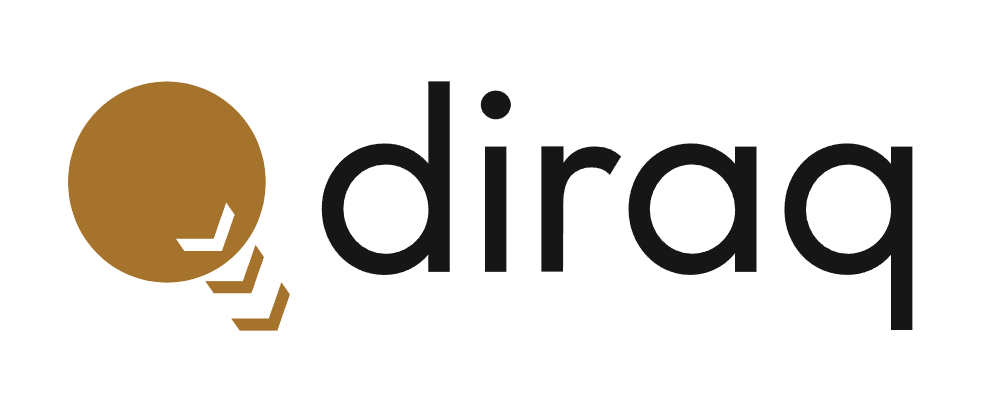In the rapidly evolving world of technology, quantum computing has emerged as an exciting prospect, expected to revolutionize industries from pharmaceuticals to finance. At the forefront of this innovation is his University of New South Wales (UNSW) spin-out Diraq, whose CEO and founder is under the guidance of Andrew Dzurak. With a fresh injection of $15 million in Series A funding, Dirac will open a commercial lab in New South Wales on February 20, 2024, marking a significant milestone in efforts to commercialize quantum computing technology. We welcomed.
Last month, Zulak, who is also UNSW's Scientist Professor of Quantum Engineering, presented a compelling vision to Dirac when he was interviewed by technology journalist and influencer Alex Ong Tech. In an interview, Dzurak talked about what sets him apart from other players in the quantum computing industry.
“Diraq's aim is to provide the world with fully error-corrected large-scale quantum computing, which can be used in drug design, financial modeling, and the development of new catalysts in the chemical industry to reduce energy costs and consumption. “We can solve complex problems such as,” Zurak said. The mission draws on more than 20 years of his research at UNSW and positions Diraq as a pioneer in leveraging silicon technology for quantum computing.
What makes Diraq's approach novel is that it leverages existing semiconductor technology to provide a scalable solution for quantum computing.
“One of the benefits of our Diraq design for quantum computers is that we use the same technology and, in fact, we use the same chip manufacturing plant to manufacture those chips,” he said. , emphasized a strategy that not only highlights Diraq's innovative features. Beyond the edge, we are also working to integrate quantum computing into the mainstream.
Despite the excitement surrounding quantum computing's potential to powerfully advance AI and other technologies, Dulac remains cautiously optimistic.
“Bringing innovative quantum computing technology to the world”
— Dirac
“There is no clear direct evidence that that will happen with quantum computing,” he said, adding that he is currently focused on applications where quantum computing can offer unparalleled benefits, such as drug design and financial modeling. He emphasized that.
Regarding the accessibility of quantum computing, Dzurak envisions a future where quantum computers are widely accessible through cloud platforms, even if they are not physically present in your home or on your wrist due to cooling requirements. This vision is aligned with the trajectory of technological democratization and promises to open new frontiers of computing power and capability.

Looking ahead, Dzurak draws inspiration from the history of computing, remembering the words of IBM founder TJ Watson, who famously underestimated the potential market for computers. Zulak sees a parallel in the underestimation of quantum computing's potential applications, suggesting a future full of possibilities yet to be imagined.
“Once people start playing with these and get used to creating quantum algorithms, it's inevitable that entirely new apps will emerge,” Durack argued, hinting at an optimistic future for quantum computing.
Under Dzurak's leadership, Diraq is not only advancing quantum computing, but redefining the boundaries of innovation. By leveraging existing semiconductor technology and focusing on scalable, error-correctable quantum computing, Diraq is at the pinnacle of commercializing quantum computing and delivering solutions to some of the world's most complex challenges. It is poised to be unleashed.
Featured image: Credit: University of Sydney CISS





